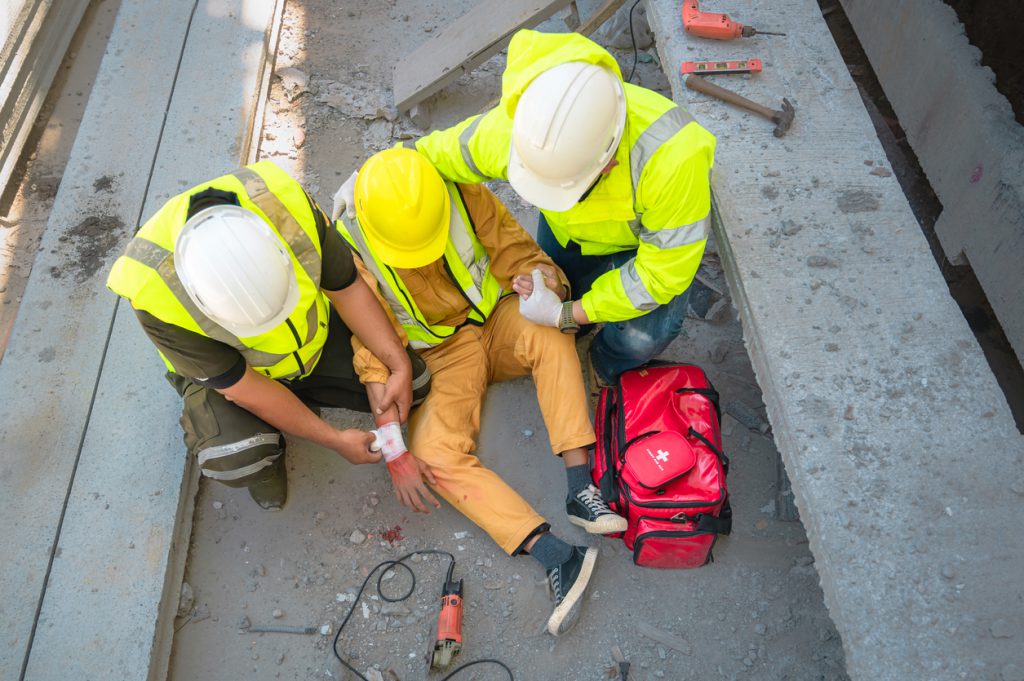Fatalities at work: Time to think outside the box

The death of a 57-year-old man from Birkirkara marks the tenth fatality at work in 2022, and the 21st since the turn of 2021. Most of these deaths could have been avoided as they involved workers falling to their death.
Unfortunately, there seems to be developing a sense of indifference and lack of compassion with a growing perception that there is an air of resignation in all this. This feeling stems from the sense of frustration that despite all the efforts made over the years to beef up occupational health and safety, certain sectors of our industry are still lagging behind and the prospects of improvement are grim.
The construction industry boom which resulted in an unprecedented number of building sites and new challenges in the form of taller and larger buildings meant much bigger risks. Moreover, the influx of migrant workers in the construction industry has made enforcement harder as this is giving right to abusive practices. The harrowing story of Jaiteh Lamin who was left abandoned by the side of a country road in Selmun in October last year is testament to this.
In a recent interview with Times of Malta, OHSA CEO Mark Gauci lifted the lid on certain practices saying that in certain cases they found workers using toy helmets, cheap harnesses or a single supervisor overseeing 500 sites at once. A major problem is enforcement with the backlog of court cases soaring in excess of 600. Clearly, as long as there is suck bottleneck, the OHSA will be unable to bite or even toothless.
The way is long and winding but there are various avenues which could be taken. Clearly, there needs to be more resources for the OHSA and the Construction Agency but it would be unrealistic to expect the regulators to be omnipresent. It is time to start thinking outside the box. Throwing money at a problem is not necessarily a solution.
One option which so far has not been explored is the unionisation of workers, which at present is practically inexistent in construction and to a lesser degree in the manufacturing industry. Such a step would raise standards as it would empower workers to flag certain shortcomings and open the way for sectoral collective bargaining, which in turn would be a strong tool against precarious employment. Ultimately, better conditions of work would result in a win-win situation. They would make the sector more attractive, start addressing the shortage of workers, and raise safety standards. Such bold step might need a rather paternalistic approach from the State such as mandatory unionisation. After all, this is what was done to boost the number of women in Parliament through the quota mechanism. If unionisation will result in less loss of life at work, it is time to seriously consider it.
